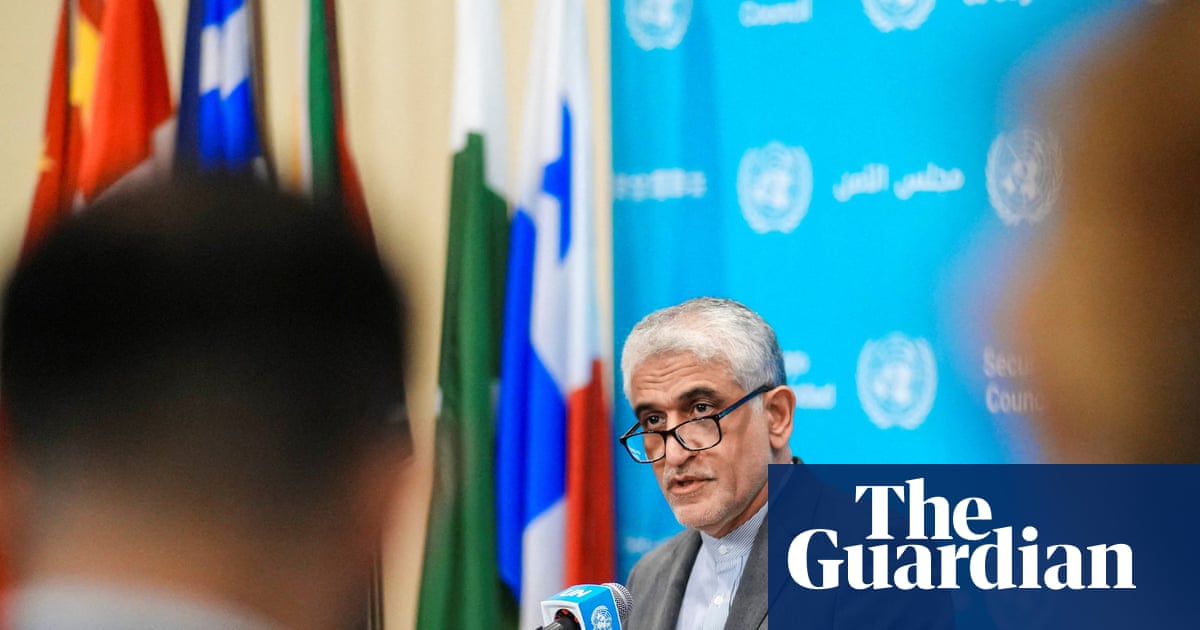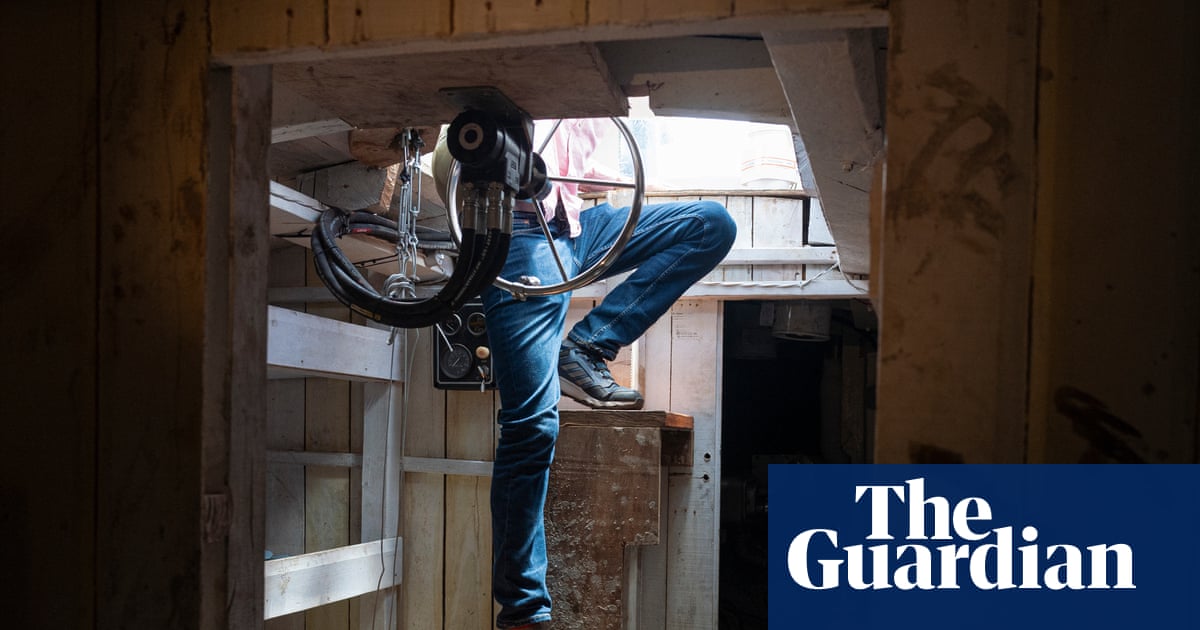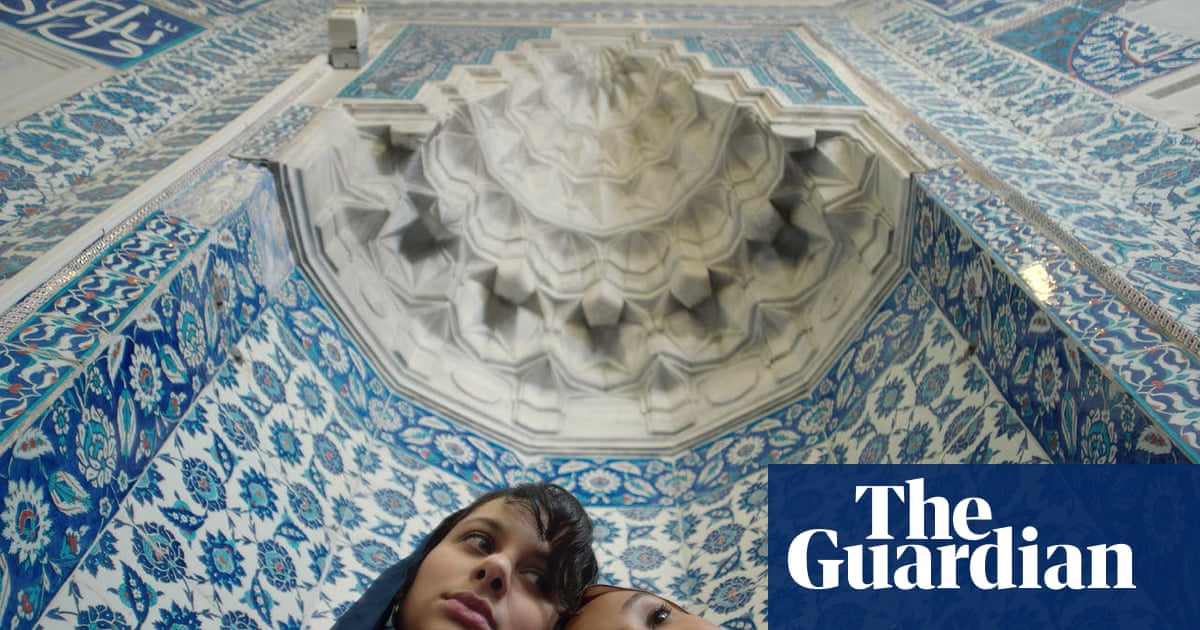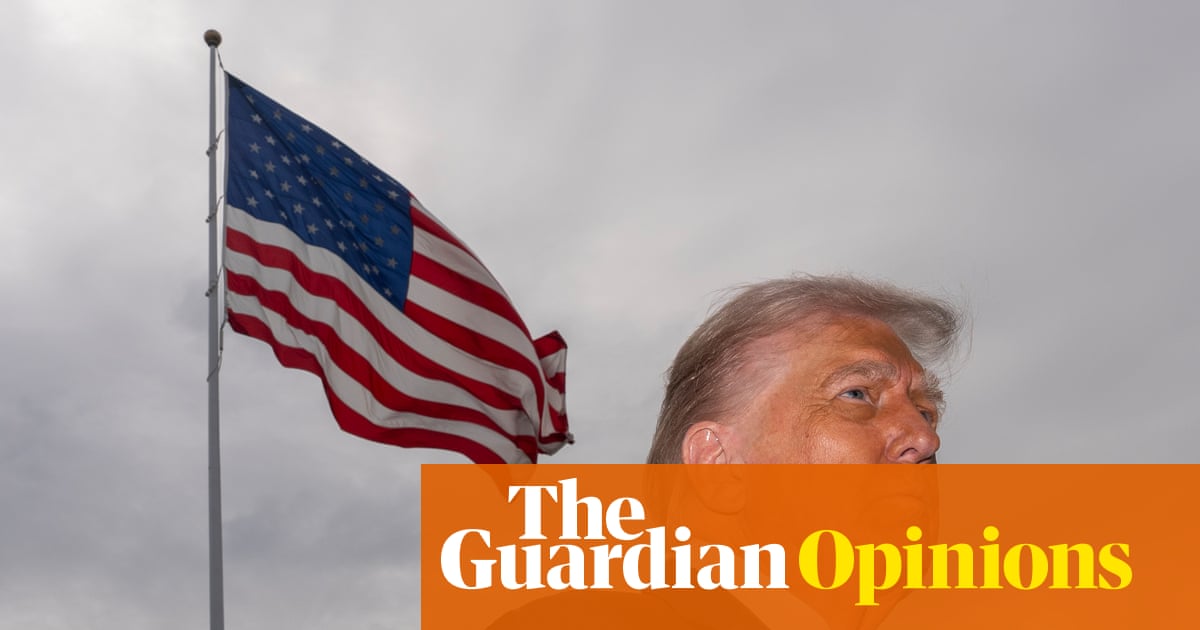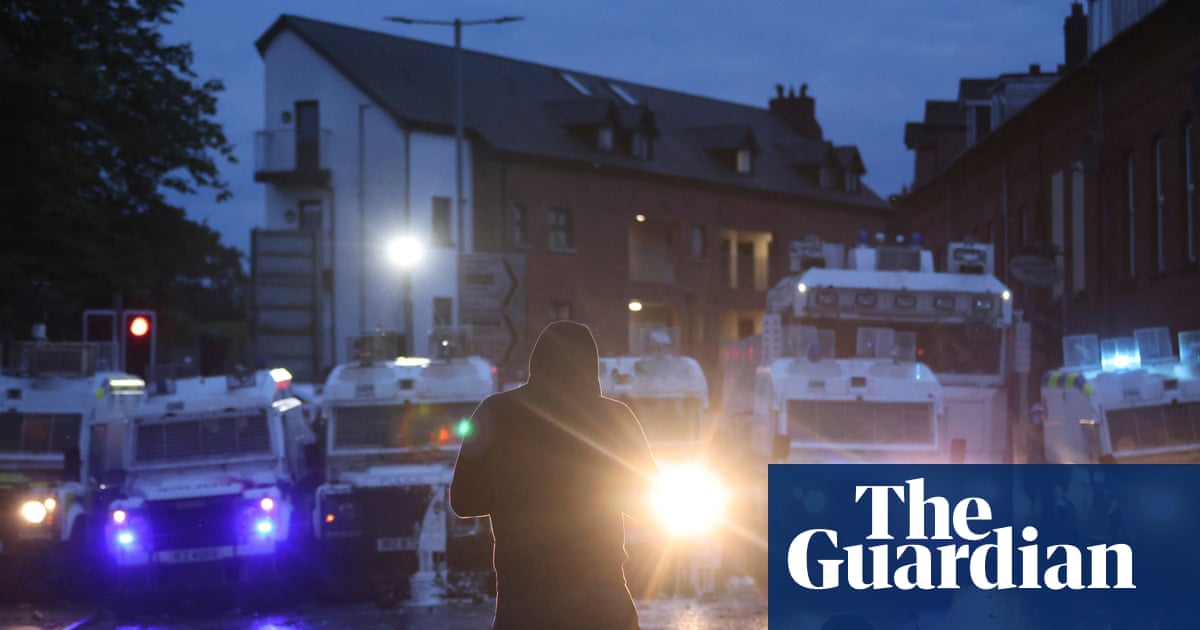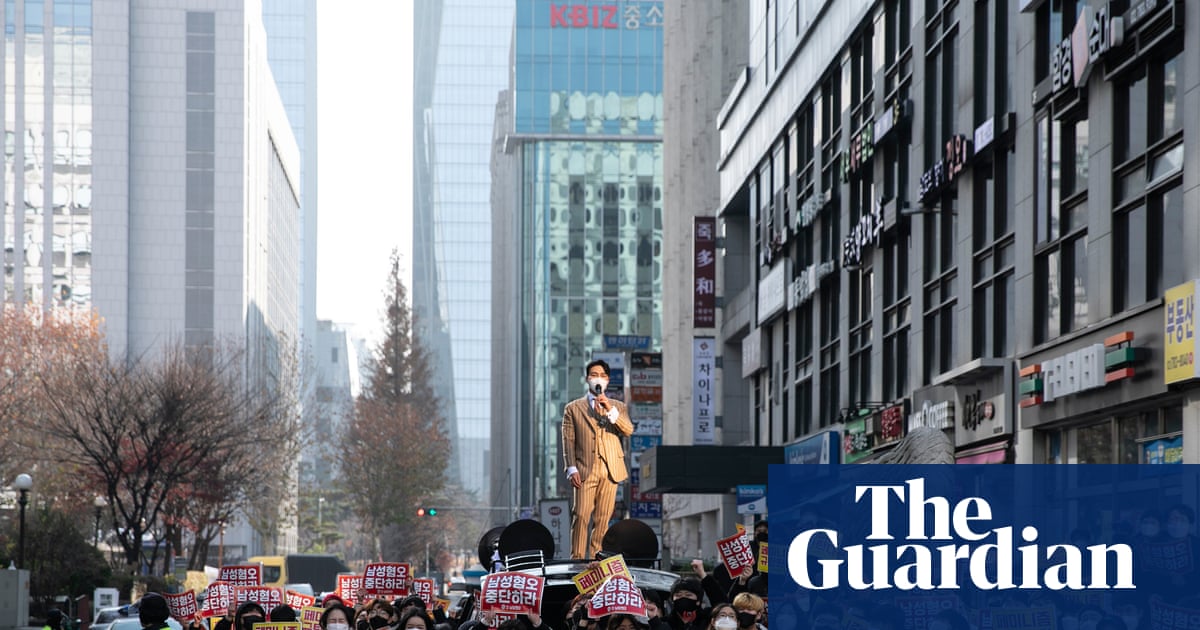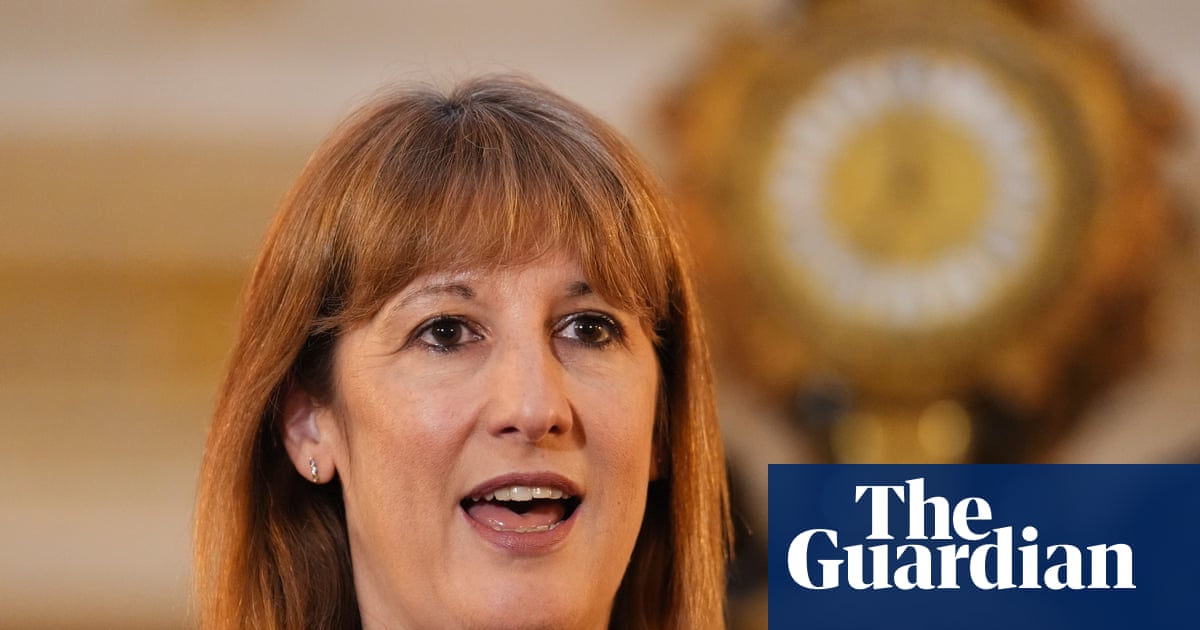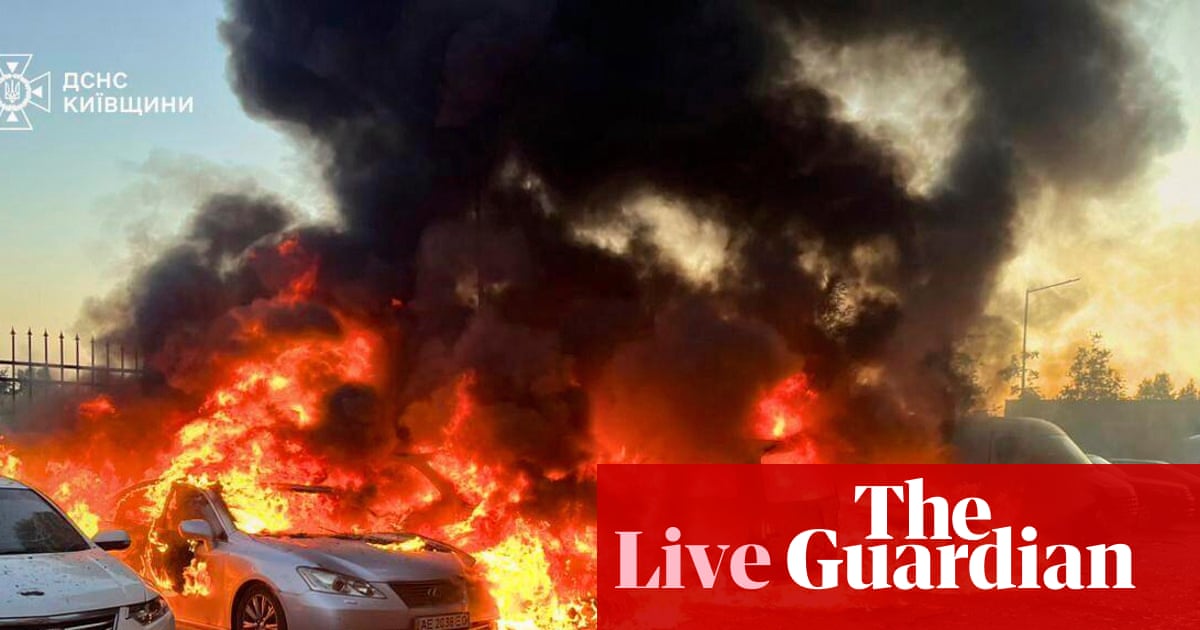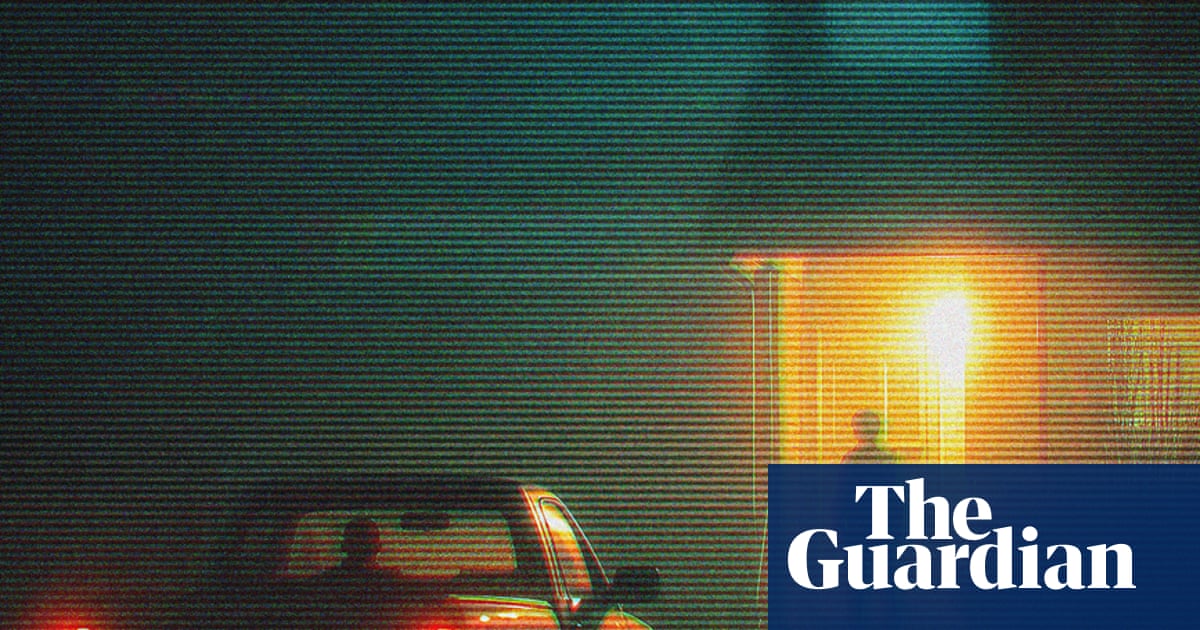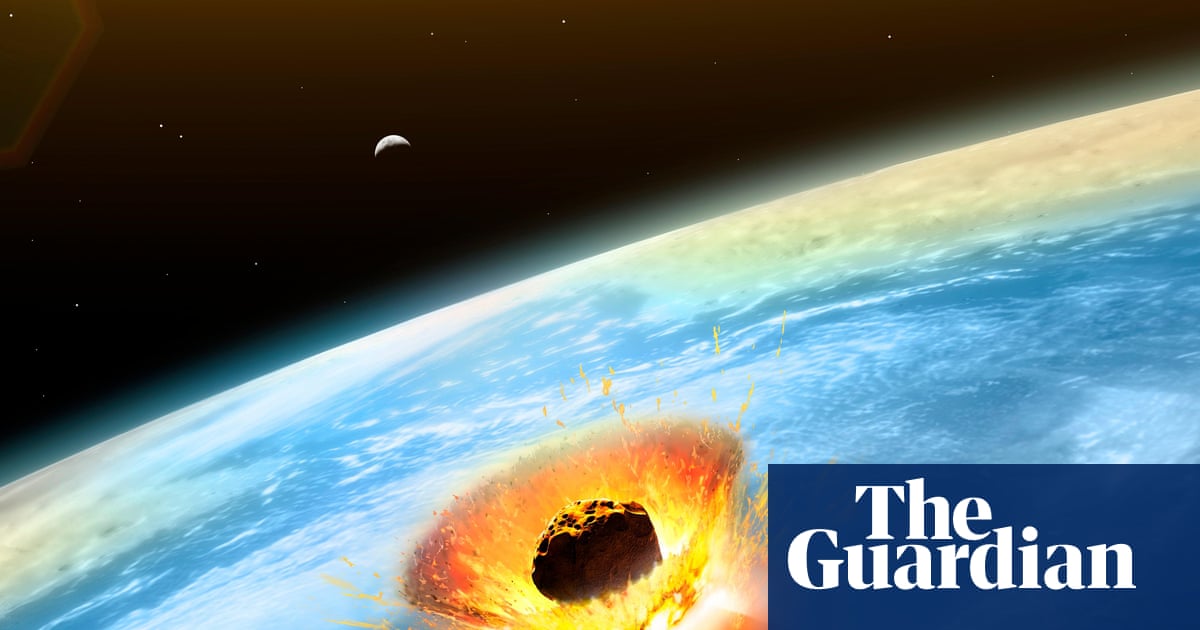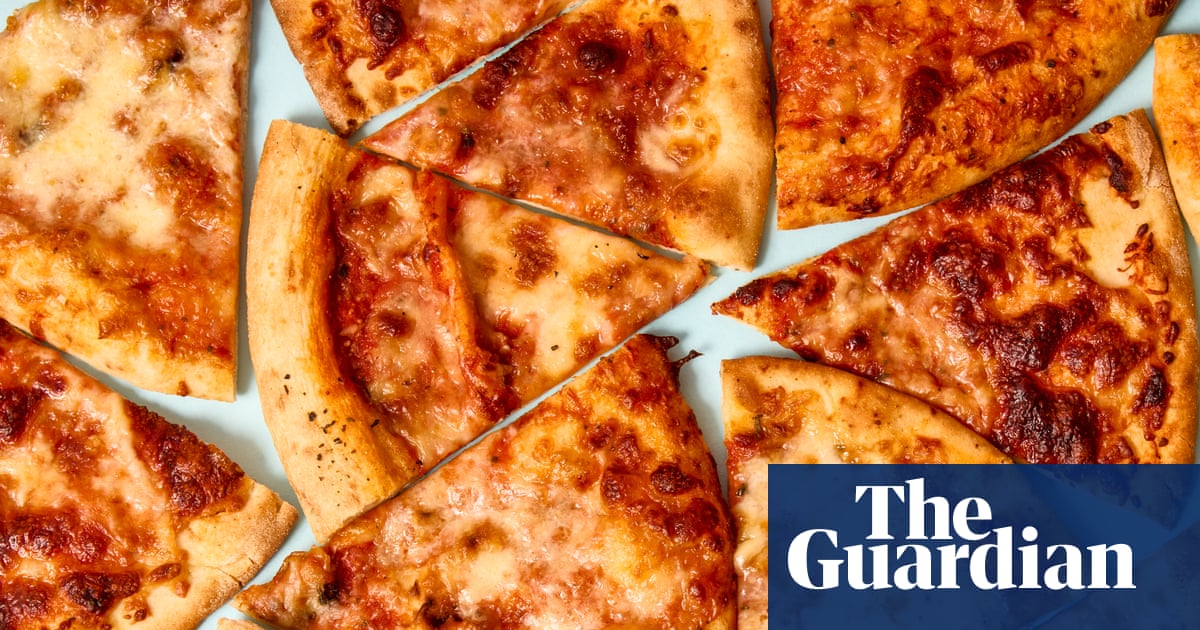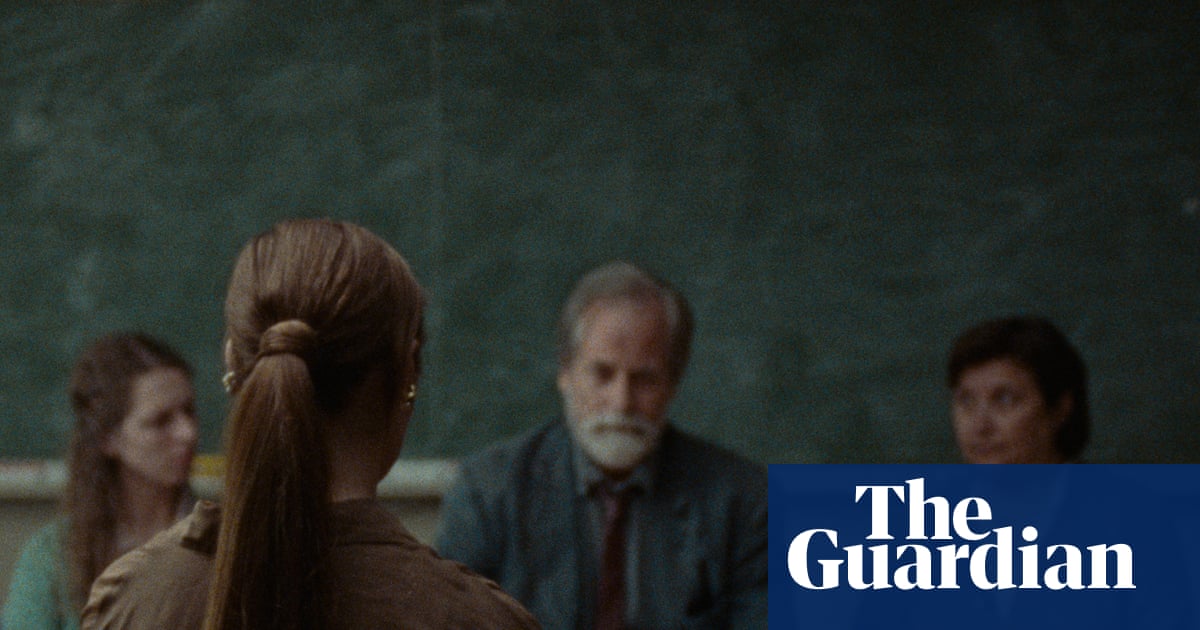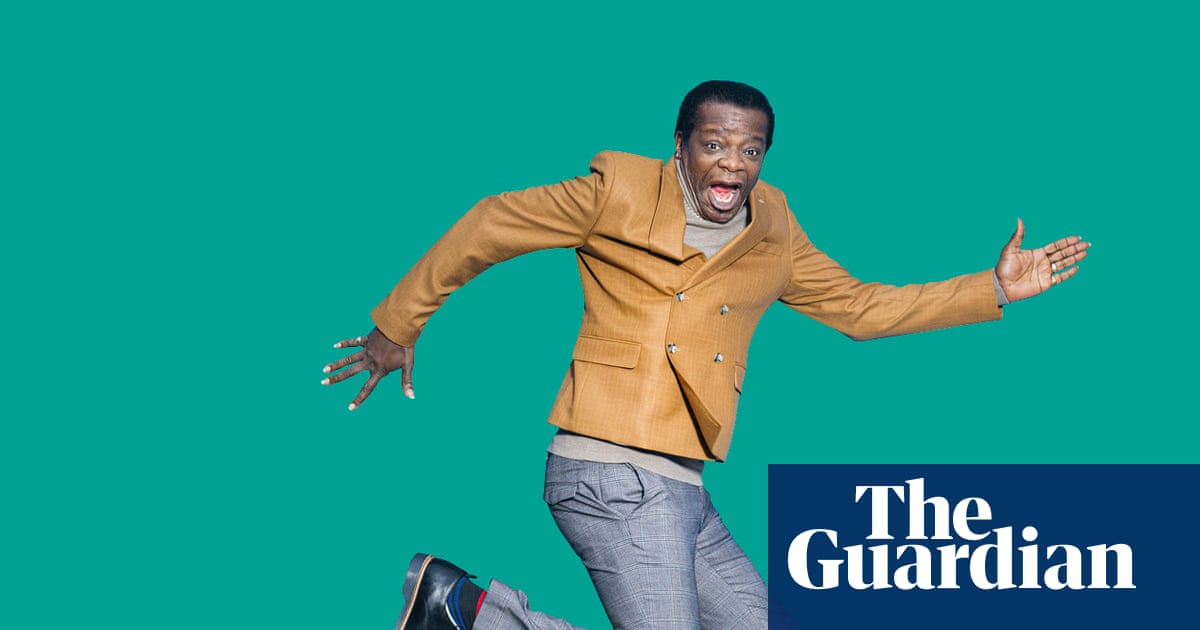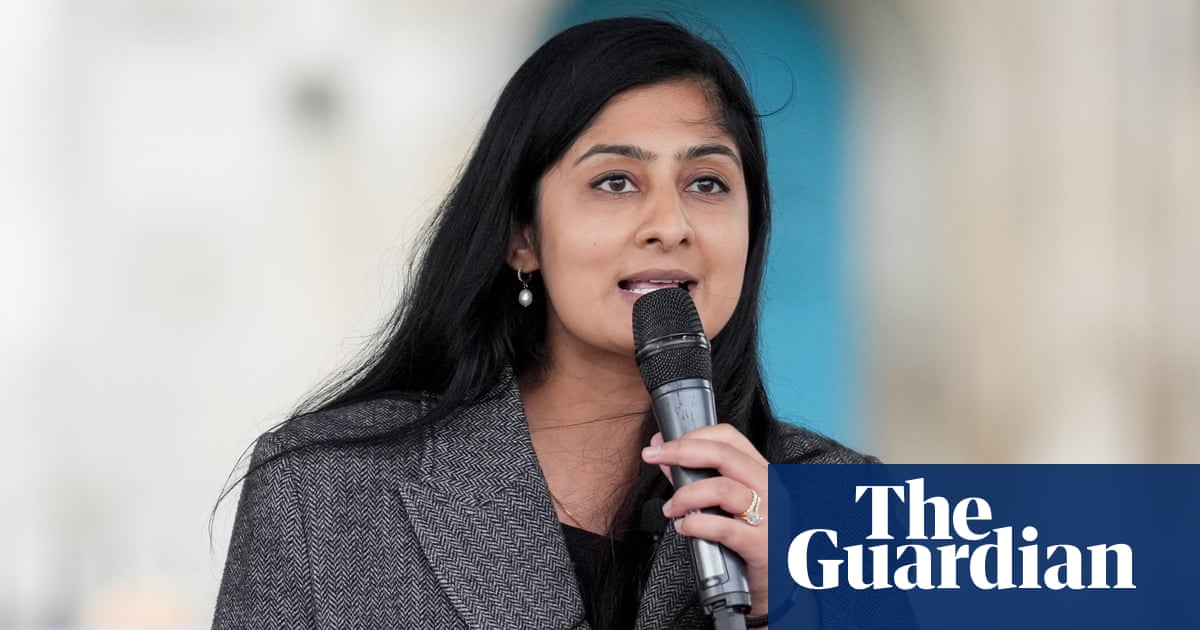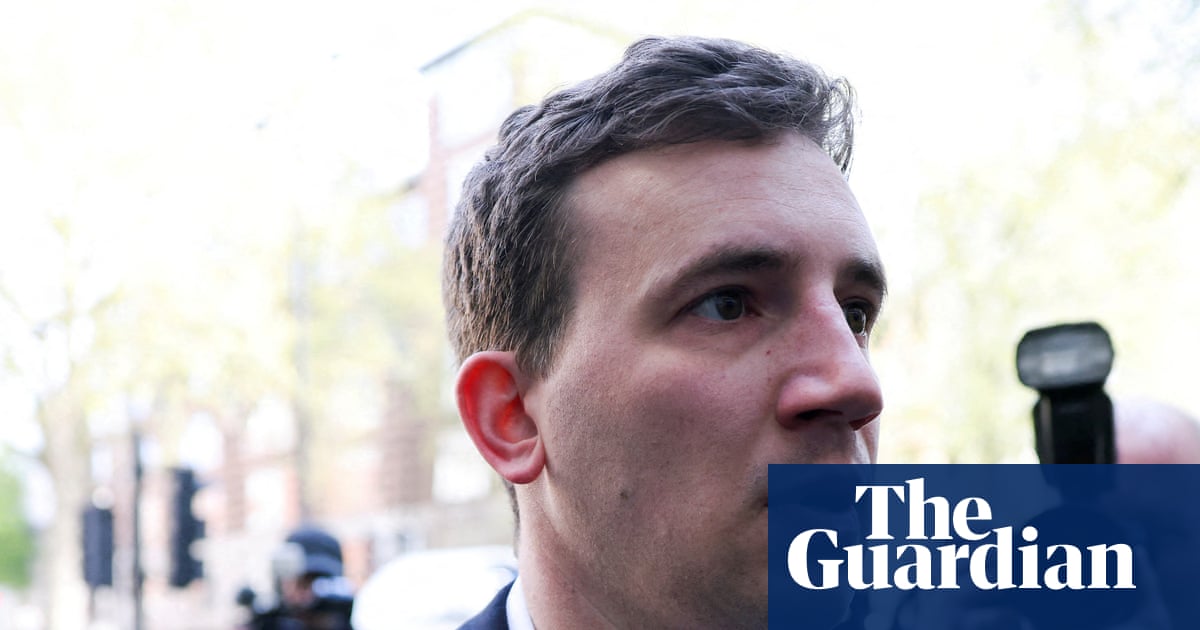Let’s attempt something delicate: talking about age without slipping into ageism. Never before in modern history have those with the fate of the world in their hands been so old. Vladimir Putin and Xi Jinping are both 72. Narendra Modi is 74, Benjamin Netanyahu 75, Donald Trump 79, and Ali Khamenei is 86.
Thanks to advances in medical science, people are able to lead longer, more active lives – but we are now also witnessing a frightening number of political leaders tightening their grip on power as they get older, often at the expense of their younger colleagues.
This week, at their annual summit, the leaders of Nato – including Emmanuel Macron and Mette Frederiksen (both 47), Giorgia Meloni (48) and Pedro Sánchez (53) – were forced to swallow Trump’s demand for increased military spending. The average age of Nato heads of state is 60. Germany’s Friedrich Merz is 69, Turkey’s Recep Tayyip Erdoğan is 71.
All bowed to a new 5% defence spending target – an arbitrary figure, imposed without serious military reasoning or rational debate, let alone serious democratic debate at home. It was less policy, more deference to the whims of a grumpy patriarch. Nato’s secretary general, Mark Rutte – himself just 58 – went so far as to call Trump “Daddy”. That’s not diplomacy. That’s submission.
This generational clash plays out in other arenas. Ukraine’s 47-year-old president, Volodymyr Zelenskyy, is resisting the imperial ambitions of septuagenarian Putin. Septuagenarian Xi eyes a Taiwan led by a president seven years his junior. Netanyahu, three-quarters of a century old, is overseeing devastation in Gaza, where almost half the population is under 18. In Iran an 86 year old rules over a population with an average age of 32. Cameroon’s Paul Biya, 92, has been in power since 1982 in a country where the median age is 18 and life expectancy just 62.
There is no gerontocratic conspiracy at work here – no senior citizens’ club bent on global domination. But there is something disturbing about a world being dismantled by the very people whose lives were defined by its postwar architecture. Khamenei was six when the second world war ended.
Trump was born in 1946, the year the United Nations held its first general assembly. Netanyahu was born a year after Israel was founded. Modi was born in 1950, as India became a republic. Putin entered the world in October 1952, months before Stalin died. Xi in June 1953, just after. And Erdoğan was born in 1954, two years after Turkey joined Nato. These men are the children of the postwar world – and as they near the end of their lives, they seem determined to tear it down. It almost looks like revenge. Dylan Thomas urged us to “Rage, rage against the dying of the light”. Rarely has the line felt so literal.
Yes, the rules-based international order was always messier in practice than on paper. But at least the ideal existed. There was a shared moral framework – shaky, yes, but sincere – built on the conviction that humanity must never repeat the atrocities of the first half of the 20th century and that dialogue and diplomacy were better. That conviction has now evaporated, not least in the minds of those who should cherish it most.
This is an unprecedented moment. The architects of the previous global disorder – Hitler, Mussolini, Stalin, Mao – were all in their 30s or 40s when they rose to power. A new generation built a new world, and lived with its consequences. Today, that new world is being unmade by an old generation – one that will not live to see the wreckage it leaves behind. It’s easier to shout “drill, baby, drill” when you’re statistically unlikely to experience the worst of climate collapse. Après nous le déluge, as the French say.
You might think that a generation so fortunate to benefit from longevity would leave behind a legacy of care, gratitude and global stewardship. Instead, we are witnessing the worst resurgence of repression, violence, genocide, ecocide and contempt for international law in decades – waged, more often than not, by ruthless septuagenarians and octogenarians who appear more interested in escaping prosecution than preserving peace.
But it doesn’t have to be this way.
After leaving office, Nelson Mandela founded the Elders, a network of former world leaders working to promote peace, justice and human rights. Inspired by African traditions of consensus and elder wisdom, the Elders are an example of how age can bring clarity, compassion and conscience – not just clout.
The problem isn’t old age. It’s how some have chosen to wield it. The world doesn’t need more ageing strongmen clinging to power. It needs elders who are willing to let go – and guide. The kind who think about legacy not as personal glory, but as the world they leave behind. In this age of age, what we need is not domination, but wisdom. And that, in the end, is what separates a ruler from a leader.
-
David Van Reybrouck is philosopher laureate for the Netherlands and Flanders. His books include Revolusi: Indonesia and the Birth of the Modern World and Congo: The Epic History of a People

 2 months ago
101
2 months ago
101

